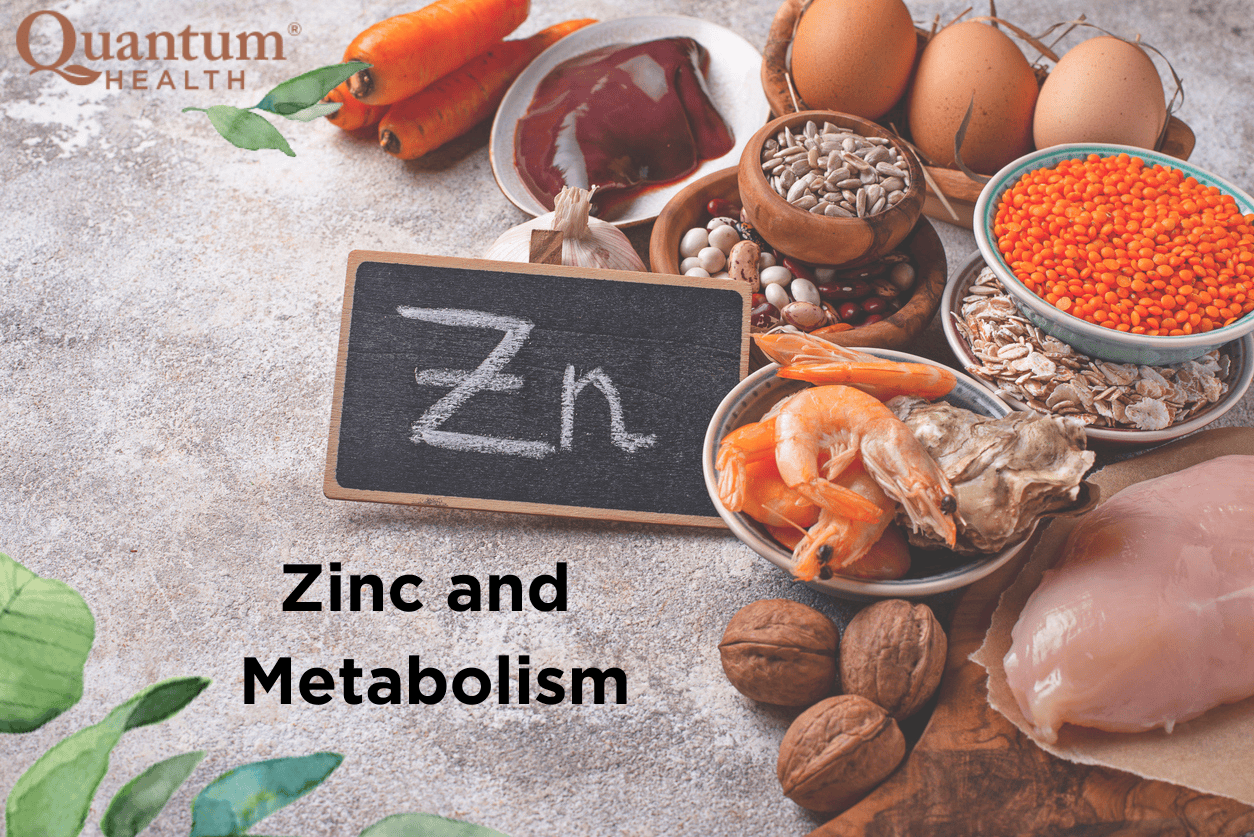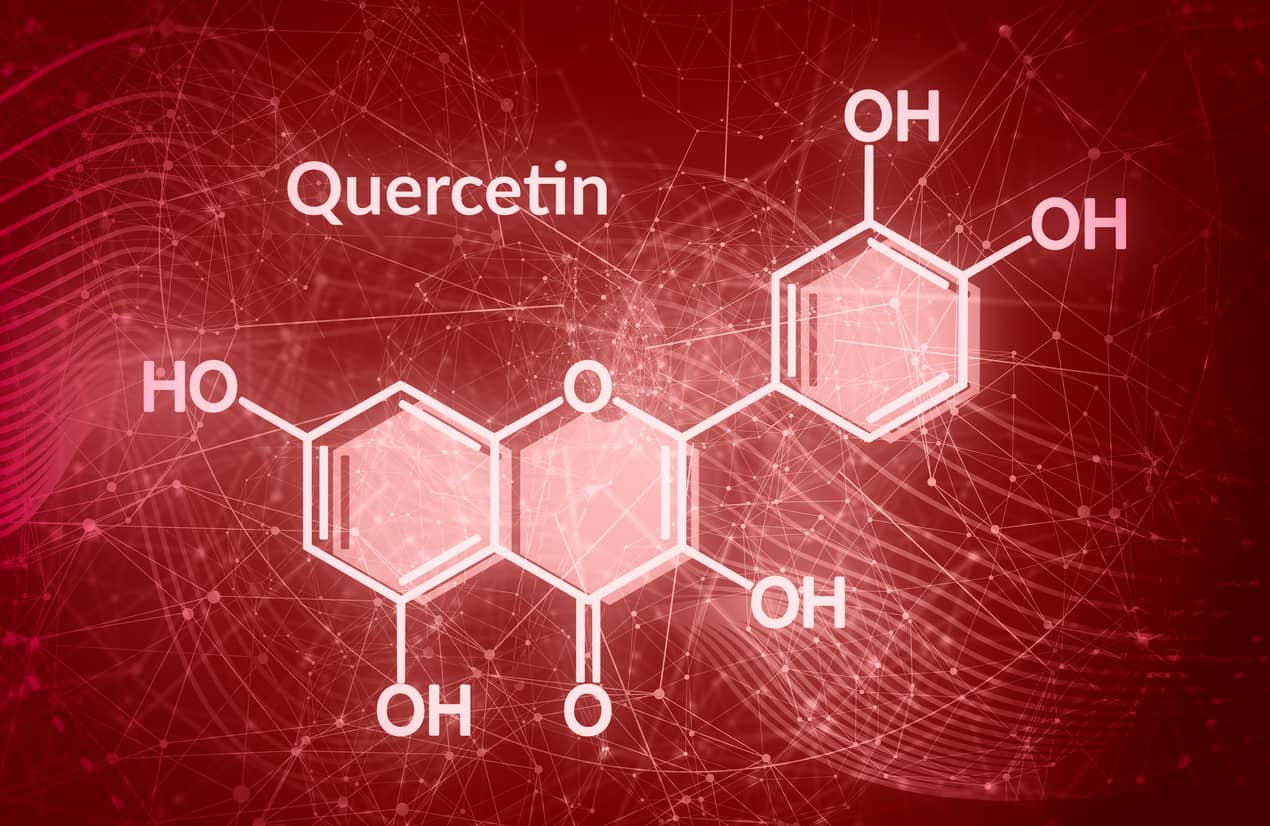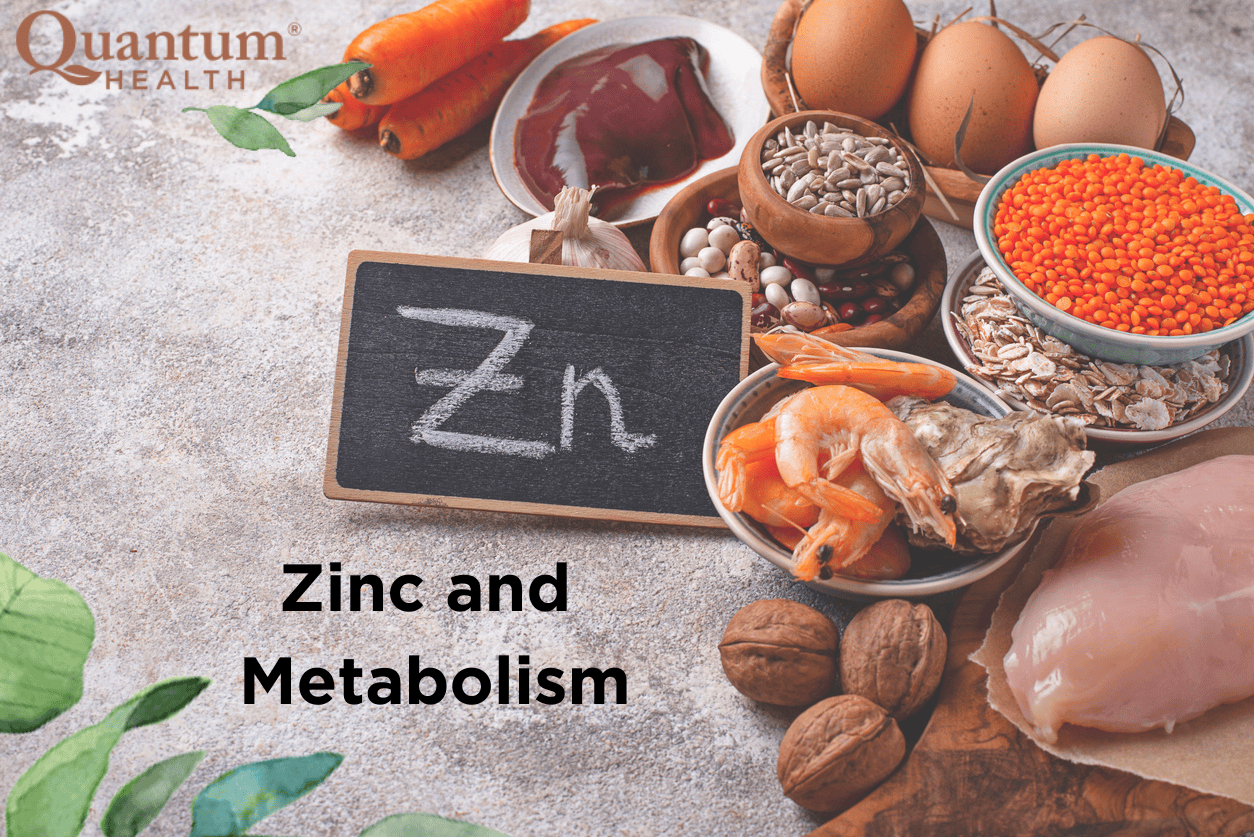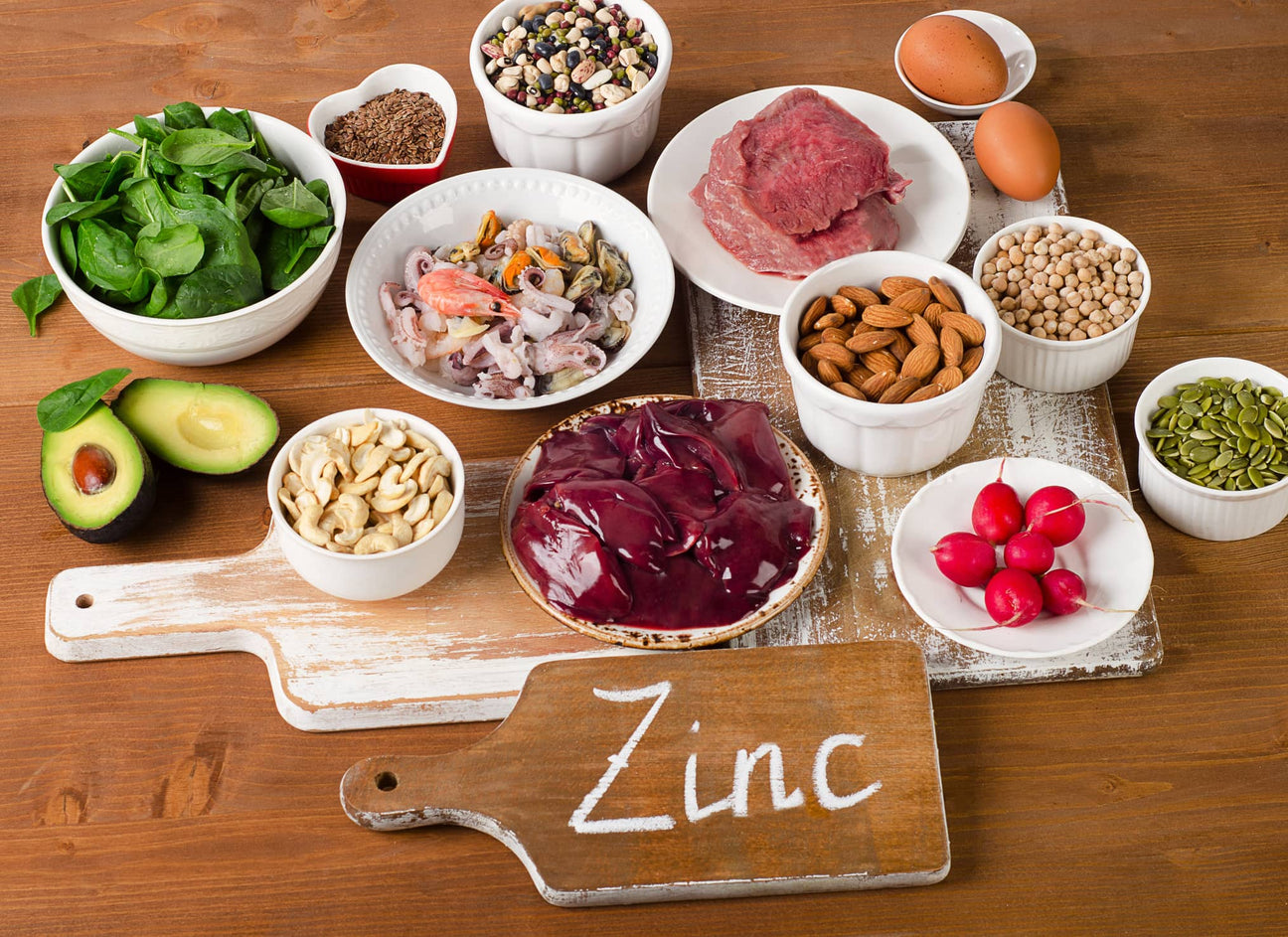Zinc and Metabolism

Metabolism encompasses the complex web of biochemical processes that keep us alive and kicking. It's the engine room of the human body, converting food into energy, building blocks, and waste products. At the heart of these intricate processes are trace elements, essential yet required in small amounts. Zinc, a standout among these elements, plays a pivotal role in human health. This article delves into zinc's contributions to metabolic health, underscoring its significance and the impacts of its deficiency.
Zinc: Biological Role and Dietary Sources
Zinc is a workhorse in the body, supporting over 300 enzymes in performing their vital functions. It's crucial for DNA synthesis, wound healing, immune function, and cell division. You can find zinc in a variety of foods, with the richest sources being meat, shellfish, dairy products, nuts, and whole grains. The recommended daily intake varies, with adults generally advised to consume 8-11 mg per day, depending on age and gender. Zinc's absorption is influenced by factors such as the food matrix and the presence of phytates, which can bind zinc and inhibit its absorption.
Zinc in Cellular Metabolism
In cellular metabolism, zinc is a linchpin for numerous enzymatic reactions, especially those involved in the metabolism of carbohydrates, lipids, and proteins. It helps in the proper functioning of insulin, a hormone essential for glucose utilization, and is involved in the synthesis and degradation of carbohydrates and lipids. Zinc also plays a role in protein synthesis, aiding in the body's growth and repair mechanisms. Furthermore, it interacts synergistically with other minerals and vitamins, optimizing metabolic pathways.
Zinc Deficiency and Metabolic Disorders
Zinc deficiency can have far-reaching consequences, manifesting in growth retardation, impaired immune response, hair loss, diarrhea, and delayed wound healing. It disrupts various metabolic pathways, including those crucial for managing blood sugar levels and lipid metabolism, thereby increasing the risk of metabolic disorders such as diabetes and obesity. Certain populations, including pregnant women, infants, the elderly, and individuals with malabsorption syndromes, are at higher risk of zinc deficiency.
Zinc Supplementation and Metabolic Health
Zinc supplementation has been studied for its potential benefits in metabolic health. Research indicates that it may improve glycemic control in people with diabetes and reduce markers of inflammation and oxidative stress in obese individuals. However, supplementation must be approached with caution, as excessive zinc intake can interfere with the absorption of other minerals and lead to toxicity.
Zinc's role in metabolism is both broad and profound. Its influence spans from enzymatic activity to the regulation of metabolic pathways critical for health. While zinc deficiency poses significant risks, appropriate intake through diet or supplementation can support metabolic health. Future research will continue to uncover the nuances of zinc's contributions to our metabolic well-being.
References
This overview is supported by a range of academic sources, including studies from the National Institutes of Health, the American Journal of Clinical Nutrition, and the World Health Organization, which collectively underscore the essential role of zinc in human metabolism.
Share
Your share can inspire countless others.



















































